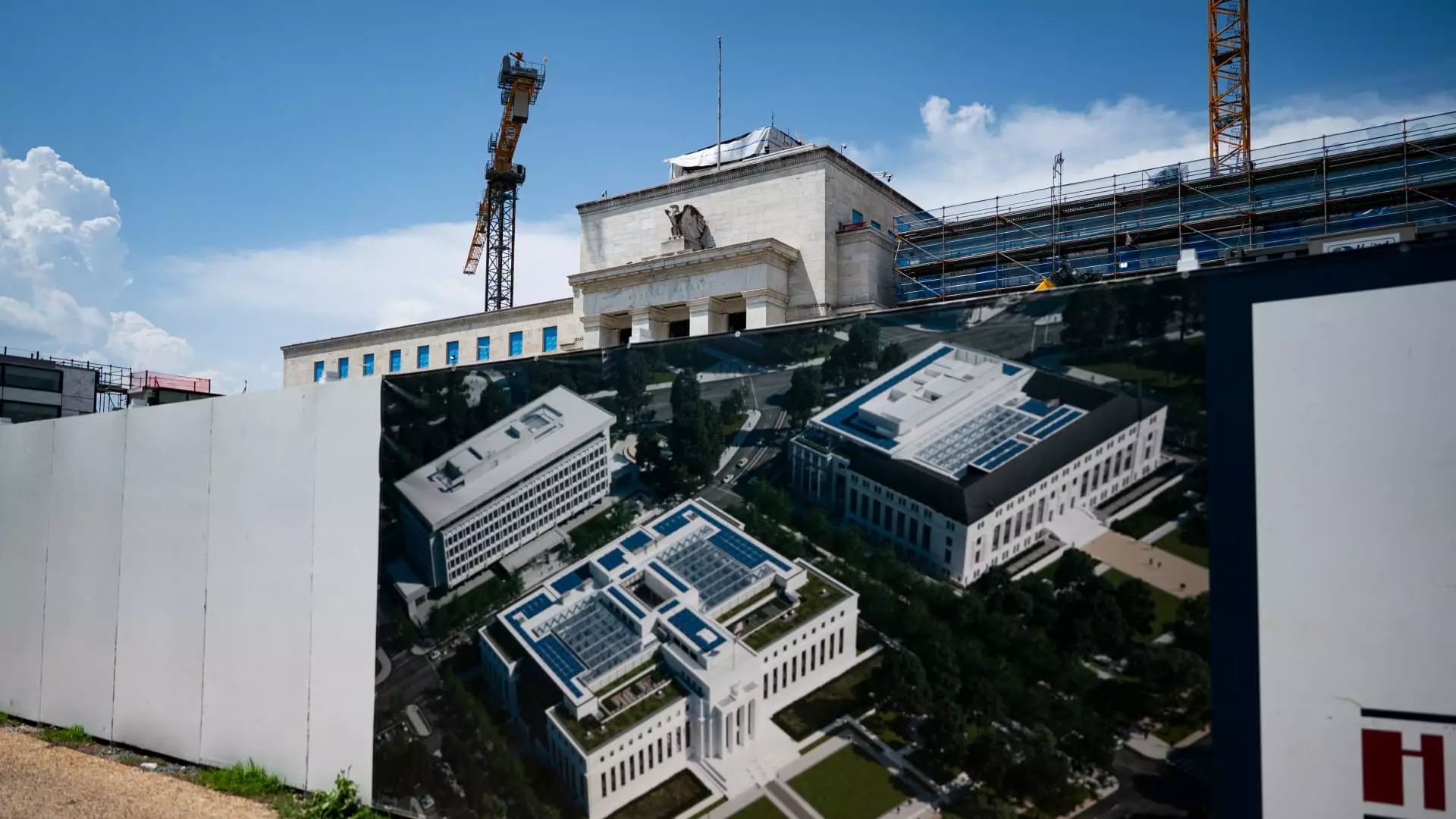The recent controversy surrounding the Federal Reserve’s building expansion exposes a disturbing trend of unchecked excess and blatant disregard for responsible governance. For an institution that operates with immense influence over the entire economy, the echoes of fiscal mismanagement are not just alarming—they threaten the very foundations of financial stability. The fact that the Fed, an entity outside direct congressional oversight, embarked on a project estimated at $2.5 billion—an astronomical sum—raises critical questions about accountability in our economic system. When government institutions act with such opacity, it undercuts public trust and furthers the perception of elitist disregard for fiscal prudence.
Cost Overruns and White House Criticisms
Cost overruns plagued the project from the outset, suggesting a fundamental failure in project management. The escalating expenses, compounded by criticisms from President Trump and other officials, highlight a recurring pattern: institutions with formidable power often feel immune from scrutiny. This special treatment fosters a culture of waste, where accountability is sacrificed on the altar of perceived necessity or prestige. The White House’s outspoken criticism signals a dangerous shift—if even the executive branch questions the use of taxpayer dollars, what does that say about the integrity of governance?
The Myth of Unchecked Power
Critics like Kevin Hassett point out the absurdity of a private institution with extensive money-printing abilities operating outside traditional legislative oversight for a project of this scale. The assertion that the Fed can simply “print money” and spend billions without full congressional approval reveals a troubling misconception about institutional accountability. Despite claims of transparency from the Fed, the lack of direct government control raises legitimate concerns about unchecked spending fueled by institutional arrogance. This is not just about a building; it’s about the broader implications of centralized power operating above democratic checks and balances.
Urban Myths and Reality Checks
The Fed defends its spending by emphasizing safety upgrades, asbestos removal, and modernization efforts—provisions that, while necessary, are exactly what oversight should scrutinize. The narrative that these renovations are essential does little to justify the level of expenditure or the opaque decision-making process. Calling the construction a “necessary modernization” does little to dispel the perception that financial elites are casually dismissing the concerns of everyday citizens. Their justification seems more rooted in self-preservation than in an authentic commitment to good governance.
A Wake-up Call for Democratic Accountability
Ultimately, this controversy exposes a wider failure: the unchecked privilege granted to powerful institutions that should be held to higher standards. When a central bank operates without robust legislative oversight, it fosters a dangerous environment where fiscal irresponsibility can flourish under the guise of necessity. This situation demands a reevaluation of how we oversee and regulate entities with such influence. There must be a concerted push toward greater transparency and accountability—a safeguard to prevent the systemic rot that such reckless spending threatens to instill in our economic architecture.


Leave a Reply